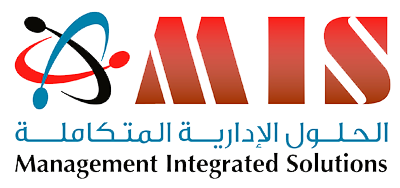Program Duration: 3 days
Program Objectives:
By the end of this program, participants will be able to:
• Enhance emotional competencies and discover inner world in order to lead others.
• Utilize EQ to drive leadership, culture and performance.
• Understand and apply key emotional skills to various business situations.
• Be emotionally intelligent leader for driving, communicating and leading change.
• Build emotionally intelligent organizations and teams.
Program Outcomes:
• Identify EI strengths and areas of improvement for addressing and developing the targeted requirements.
• Practice self-awareness techniques for building and enhancing leadership and emotional capabilities.
• Deploy self-motivation techniques for converting negative emotions in to positive driving forces and influencing teams.
• Apply self-management techniques for achieving the required organizational and individual goals.
• Utilize the adequate change techniques for influencing others and eliminating change resistance.
• Develop an action plan for continuous self-development.
Program Contents:
Intellectual Dimensions of Emotional Intelligence
• Concept and importance of emotional intelligence.
• Impact of emotional intelligence on business leadership.
• Emotional intelligence model and competence framework.
Self-Awareness
• Emotional awareness.
• The link between self-awareness and organizational performance emotion management.
• Types of emotions.
• Self-control competencies.
• Self-control techniques.
Self-Motivation
• Self-motivation techniques.
• Team business and social fabric.
Relationship Management
• Maintaining effective relationship and networking with others.
• Improving relationships with others.
The Emotionally Intelligent leader
• Leadership styles.
• Leadership competencies.
Emotional Intelligence and Change
• Role of Emotionally intelligent leader in influencing people to sustain change.
• Emotional intelligence and change process.
• Light, camera and action approach.
Emotional Intelligence and Communication
• Emotional intelligent communication.
• Role of EI leader in reducing blind spot.
Emotional Coaching
• Capabilities of emotional coaching.
• Emotional coaching model.
Program Design and Target Participants:
• This program is designed for directors, managers and team leaders.
Program Delivery Methods:
• Assessments.
• Workshops.
• Case studies.
• Video case studies.
• Exercises.
